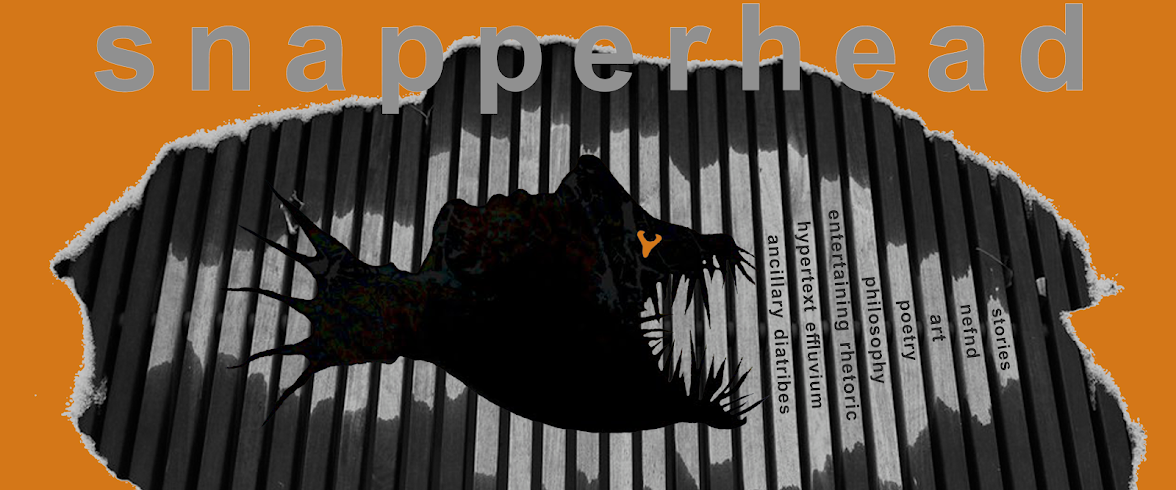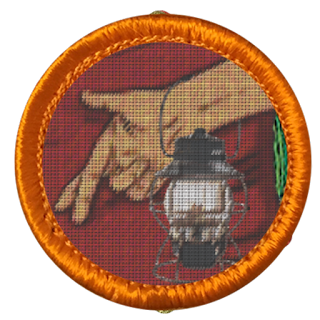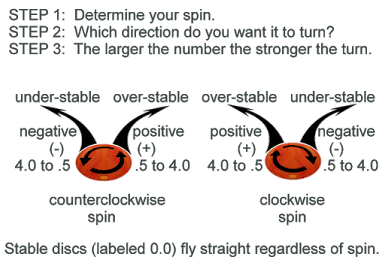Silhouette of New England
Multiple Choice Puzzle (Go On Project)
T-shirt #1 (Front) Your Coping Mechanism's Showing (Back) My Coping Mechanism's Showing
T-shirt #2 (Front) My Coping Mechanism's Showing (Back) Your Coping Mechanism's Showing
---- Check at least one box ---- Check no more than three boxes ---- Check your thinking-in-action ----
🗆 I would feel better wearing T-shirt #1 (compared to T-shirt #2)
🗆 I would feel worse wearing T-Shirt #1 (compared to T-shirt #2)
🗆 T-shirt #2 is interpreted as a Join-The-Club
shirt. It is proclaiming *with a wink* I'm honest and self-aware. I
accept your eyes on my back with a "tease" because "everyone displays
their coping mechanism".
🗆 T-shirt #1 is interpreted as a Leading-The-Club
shirt. It is stating "everyone's hope (that their coping mechanism is
not visible) is wrong". I assume it goes without saying (even though the 'fine
print' on my back says it) that I'm also a club member.
🗆 Because I have no mental or emotional reaction(s) to either shirt - or
- I'm neutral, without emotion, when considering both shirts; I
would be willing to wear either of them without qualm or hesitation.
🗆 Both shirts make me experience uncomfortable emotions. I would wear neither shirt. Ever.
🗆 I decline to consider these questions or to participate in this specific evaluation questionnaire.
🗆 I would also be enthusiastically-willing to wear a baseball-style cap, bearing the challenge: "Ask Me Why!" displayed on the front.
Answers (and reasons for them) may be discussed during our next Self-Being meeting.
Keep Going Onward:
Pop Quiz 1 - Go On Project
Artists are Terribly People (Go On Project, Lecture #1)
"...contains quite a few too many repetitious uses of cliché-squiggles, which reminds this viewer of corkscrews..." - Anonymous mouse, who likes the pun in the screen-name 'a non-e-mouse'
"I don't have time to give you a piggy-back ride, Porky! Can't you see they have tasty stuff in their hands, which I want to put in my mouth, and chew and swallow until I don't want to chew-n-swallow any more!"Also. A non-e-mouse could, then, interpret (thru the lens of intervening decades) that their then-parent's anger may have been trained/programmed by their own parent. And, a non-e-mouse might decide (rightfully or wrongfully—no matter—the truth is what the Self chooses) to conclude that many pre-television era farmers prevented their off-spring from deciding to commit bestiality with a belting as soon as it was suspected.
"Gotta nip that corruption in the bud!" - quote from every great-great-not-so-Grandpappy Ubiquitous
These thoughts are THOSE things inside us, which exist before we say them.
Thoughts are THESE things inside our brains, which we think exist, because there are some large portion of them, which we first become aware of and then never do anything with. We leave them unsaid. We never think of them again. We never jot them down.
There are an uncountable-number of awareness's, ideas, and "fleeting thoughts" that are never acted upon and are never turned into anything
tangible. These things never get out of our imaginations.
We consider that any thought, which we "mull over" or "ponder on" for a long time or with a sufficiently strong enough focus to both be able and willing to
refer to as an INNER IDEA, that because it was never expressed in any way
(not spoken, not written, not photographed while hiking in the woods) — that it has no value and can simply "be forgotten"
as soon as some other thought is considered valuable enough to push it out of the way. And then we decide (? - or - is erasing random thoughts an automatic survival mechanism?) to either express that new thought aloud - or - write it down - or - type into our hand-held - or - sketch it out, so that we might, someday, turn that valuable idea into some form of dried linseed-oil and pigment display of various light-refracting and
non-refracting molecules artwork.
Random thoughts become cogent ideas the longer one contemplates them.
Ideas are only valuable (to you and others) if you are able to objectively evaluate why you have them, discover where they originate, discard those which were passed along from some ubiquitously self-centered person (who considered everyone else in their world to be an unimportant background character because they were incapable of empathy) and to communicate those valuable ideas to yourself and others.
Take-home assignment: Please contemplate the title of
this lecture "Artists are Terribly People" and formulate your thoughts
around those four words until you have a new-to-you, original idea, which you
can communicate. At this time, no essay is
required. However, be prepared to explain your
train-of-thought(s) relating to these four words during our up-coming discussion class. I intend to focus that discussion on how your individual imaginations influenced your mental process(s).
The next lecture in this Go On Project will
introduce-and-expound-upon
how to employ your imagination to identify empathy in your own
mind, and (subsequently) how to incorporate empathy into your future actions,
as well as how to identify the difference between sympathy and empathy in one's
self (and others).
Gender Neutral Honorific New-to-you (for Zero)
Toward a Psychology of Being (Go On: Reading Curriculum)
manbug I VOTED sticker
Addendum to The Silver Fox Story
 |
| rechargeable LED pet collar |
Left out in my yard for squirrels and birds
My weak flashlight-torch combined with my
Ignorance (silver fox are very different from grey fox)
Last night my cat, Cecil, and I watched for
More bats and fireflies in almost-complete darkness
While in my lap, I extinguished his collar
Silent minutes passed until Cecil slowly turned to
Stare below-back-down-behind the lawn-chair we were in
My light revealed a nose-to-tail-black fox (with just a slight dusting of silver-ash)
She dashed under my neighbor's fence without learning if there were any snacks left out
There were not. Not that night.
Silver Grey Fox on Picnic Table
Spiral Dynamics (Go On: Reading Curriculum)
- Skip the doubly-extensive and poorly constructed introductions and absolutely do not begin reading at the front of the book. Instead, begin by a scan of the chart on page 300-301.
- While reading the following portions, let your attention flow past any/all sentences which reference the author's penchant for: endlessly listing examples, obscure cultural references, name-dropping, and the author's incessant need to pat themselves on the back or point out how smart that they think they are. [Think of this as you attempting to speed read.]
- The oddly confusing (and sometimes very wrong) cultural references are deeply rooted in the author's rich, old, white, privilege. These sometimes humorous but never interesting to read pseudo-metaphorical references make this entire book seem like it was written for the audience of a 1996 magazine.
- Scan over the Yellow section (pages 274-285). It is valuable. The authors actually read and/or talked with people who are Yellow. They themselves are not, but they want to be.
- Briefly scan over the Turquoise section (pages 286-292). It is conjecture and hypothetical.
- Read the Orange, Green, Blue, Red, and Purple sections (between pages 201 and 273). It is not necessary to read them in any order. If you are uninterested in some areas, skip it.
- Finish with Chapter 2 (pages 34-38).
- If you find this amount of information sufficient, that is all that is required to continue with the Go On project.
- If you want to read more (because you are a CEO, or a politician who recognizes a way to flow from Blue-Orange and can envision the calm peacefulness of Yellow) reading the rest of the book might help.
Course Curriculum (Go On, Part 1)
PS: When you get tangled in the flow of investigating one, or many, of these essays; pause and listen to some (or many) of the rhythms compiled in the last video. Or just give yourself some space to locate the knots and time to grasp the rest. It really is as simple as meditating listening without falling asleep.
All About You
Now and then I think of when we were together
Like when you said you felt so happy you could die
Told myself that you were right for me
But felt so lonely in your company
But that was love and it's an ache I still remember
You can get addicted to a certain kind of sadness
Like resignation to the end, always the end
So when we found that we could not make sense
Well you said that we would still be friends
But I'll admit that I was glad that it was over
But you didn't have to cut me off
Make out like it never happened and that we were nothing
And I don't even need your love
But you treat me like a stranger and that feels so rough
No you didn't have to stoop so low
Have your friends collect your records and then change your number
I guess that I don't need that though
Now you're just somebody that I used to know
Now and then I think of all the times you screwed me over
But had me believing it was always something that I'd done
But I don't wanna live that way
Reading into every word you say
You said that you could let it go
And I wouldn't catch you hung up on somebody that you used to know
(chorus)
























































